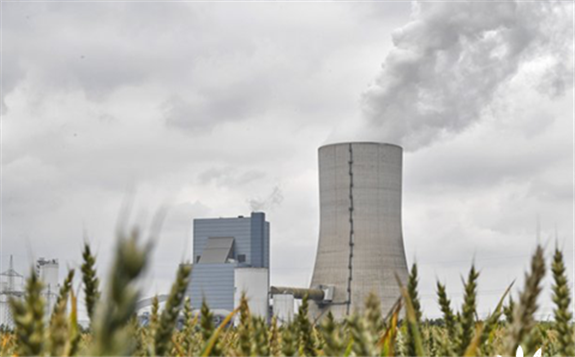Guide: The German parliament has finalized the country's long-awaited plan to phase out coal as an energy source, and supports a plan that environmental organizations call unambitious. Free marketists criticize this as a waste of taxpayers' money.
The German parliament has finalized the country's long-awaited plan to phase out coal as an energy source, and supports a plan that environmental organizations call unambitious. Free marketists criticize this as a waste of taxpayers' money. The bill passed by both houses of the German parliament on July 3 plans to close the last coal-fired power plant by 2038. The plan is part of Germany's energy transition, which aims to free Europe's largest economy from dependence on fossil fuels and increase the use of renewable energy. Compared with such goals in France and the United Kingdom, Germany’s goals are more difficult to achieve because Germany has been working to phase out nuclear energy by the end of 2022. German Environment Minister Schultz said that Germany was the first industrialized country to abandon nuclear energy and coal at the same time.

Greenpeace and other environmental organizations protested the plan. These organizations believe that the government’s roadmap cannot reduce Germany’s greenhouse gas emissions sufficiently to meet the goals set by the Paris Climate Agreement. Martin Kaiser, the executive director of Greenpeace Germany, accused Chancellor Merkel of making "historical mistakes", saying that setting the time point for coal elimination to 2030 would send a strong false signal to European and global climate policies.




























